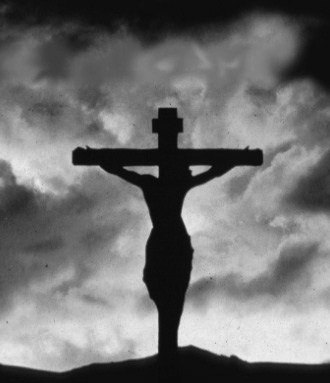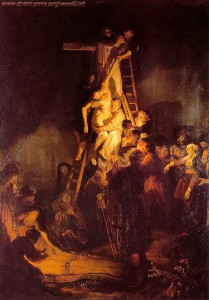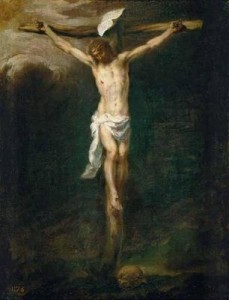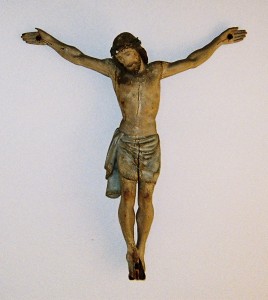
The Cross Melts the Hardness of Our Hearts
But he was wounded for our transgressions;Â he was crushed for our iniquities;upon him was the chastisement that brought us peace, and with his stripes we are healed.
Isa. 53:5
Christianity is unique among the religions of the world: Christ demands a heart change. Before any religious observance is encouraged, any code of conduct required, or any expectations fulfilled; a supernatural heart change is needed. The essence of who we are needs transformation. Not just transformation, our hearts need to be made new. You see, our hearts are what make us sinners, selfish to the core. That selfishness needs not only forgiveness, but deliverance. Our hearts are hard and they need to be made new again.
The Cross of Christ is the solution. The Cross makes us new creations (2 Cor. 5:17), the Cross melts our hearts (2 Cor. 5:15), the Cross gives us a new motivation (2 Cor. 5:9), and the Cross gives a new purpose (2 Cor. 5:14). Seeing Christ take our just judgment as punishment on that barren tree brings us to our knees and opens the door for the Holy Spirit’s life transforming work (Titus 3:5). By grace, the Blessed Trinity does the work of heart change (John 3:5-8).
There is a wonderful power in the Cross of Christ. It has power to wake the dullest conscience and melt the hardest heart, to cleanse the unclean, to reconcile him who is afar off and restore him to fellowship with God, to redeem the prisoner from his bondage and lift the pauper from the dunghill, to break down the barriers which divide [people] from one another, to transform our wayward characters into the image of Christ and finally make us fit to stand in white robes before the throne of God.
John Stott, The Preacher’s Portrait (Grand Rapids, MI: Eerdmans, 1988).








